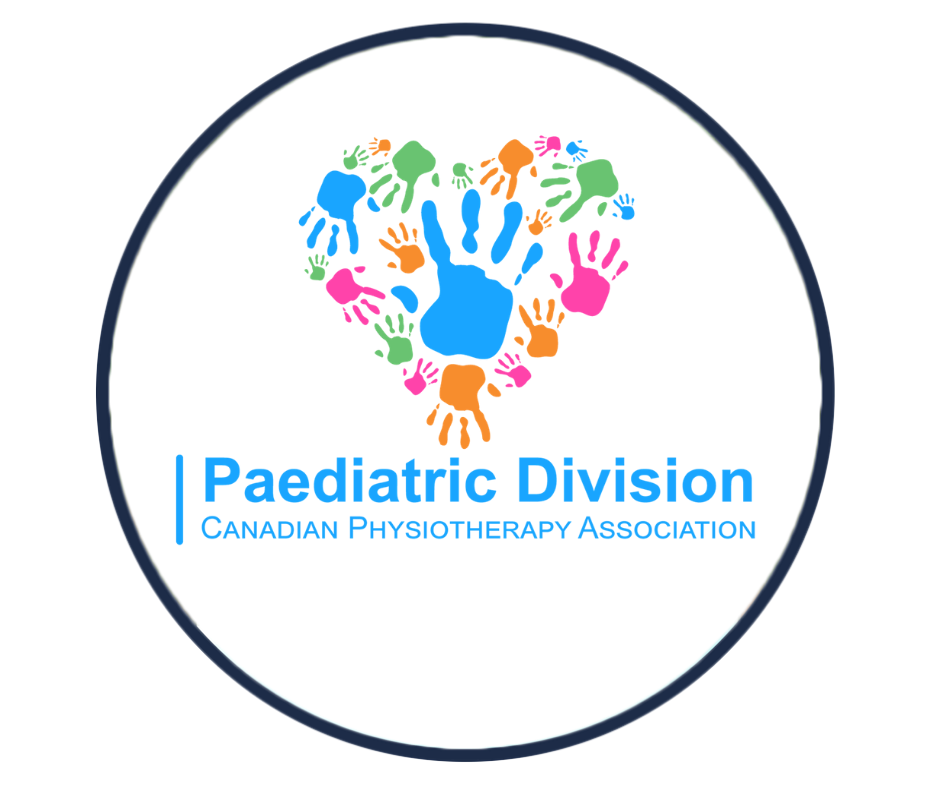Hip Surveillance in Children with Cerebral Palsy

Hip Surveillance in Children with Cerebral Palsy
1 hour
Learning Objectives
This webinar aims to:
- Review the etiology and pathophysiology of hip displacement in children with cerebral palsy
- Review the consequence and management of hip displacement in children with cerebral palsy
- Review the importance of hip surveillance in children with CP and identify the critical components of a hip surveillance program
- Identify the role of the physiotherapist in the hip surveillance pathway
Join the Paediatric Division of the Canadian Physiotherapy Association for this live webinar 'Hip Surveillance in Children with Cerebral Palsy'.
CPA - Embodia Partnership Information
As part of our partnership with the CPA, we offer its members a discount. These discounts can include discounted/free registration to webinars (like this one!)
CPA Members get:
- 25% off the Embodia Tier 1 and 2 Memberships
- 30% off all CPA on-demand courses
- 20% off all Embodia on-demand courses
- Special prices on webinars (these vary based on the webinar so there is no set % discount)
In order to get access to the CPA discounts on Embodia, you need to authenticate yourself as a CPA member. You only need to do this once. You can authenticate your CPA account by signing into the CPA portal on this page.
If you have any further questions or require further assistance please contact the CPA at pd@physiotherapy.ca
The instructors

The Paediatric Division is a special interest group within the Canadian Physiotherapy Association. Our membership consists of clinicians from all practice settings, students, educators, researchers, physiotherapy assistants and administrators all of whom have a passion for promoting participation and enhancing the lives of children and their families. We are dedicated to provide resources and information for paediatric patients and their families to promote participation and function independence in all aspects of life.
Paediatric physiotherapists employ clinical expertise in the early detection of health problems, treatment, education and management of congenital, developmental, neuromuscular, skeletal, cardiorespiratory or acquired disorders/diseases. Paediatric physiotherapists work with children of all ages, from infants through young adulthood to promote participation and functional independence. Paediatric physiotherapists have a unique role in that they not only work with the child, but also their families in the context of their daily home, school and recreational environment.
Paediatric physiotherapists use validated outcome measures to assess the level of strength, flexibility, gross-, and fine-motor coordination and overall functional capabilities to determine participation limitations or restrictions as a result of injury, disease or disability.
Through analysis of objective assessment findings, the paediatric physiotherapist uses evidence-based treatment interventions specifically tailored to the client and their family's goals. Treatment interventions focus on improving gross and fine motor skills, balance and coordination, strength and endurance, as well as cognitive and sensory processing/integration.
